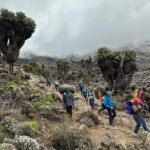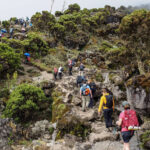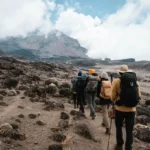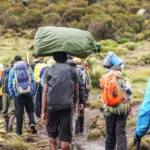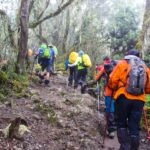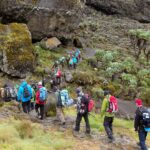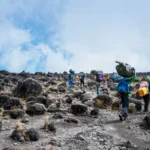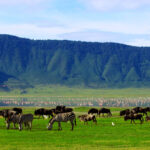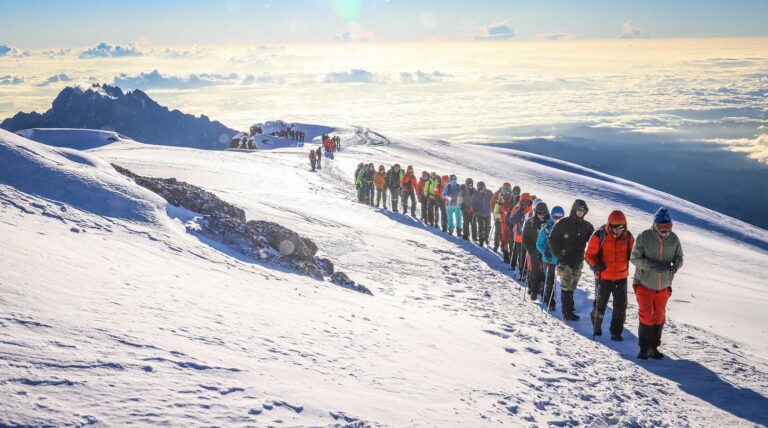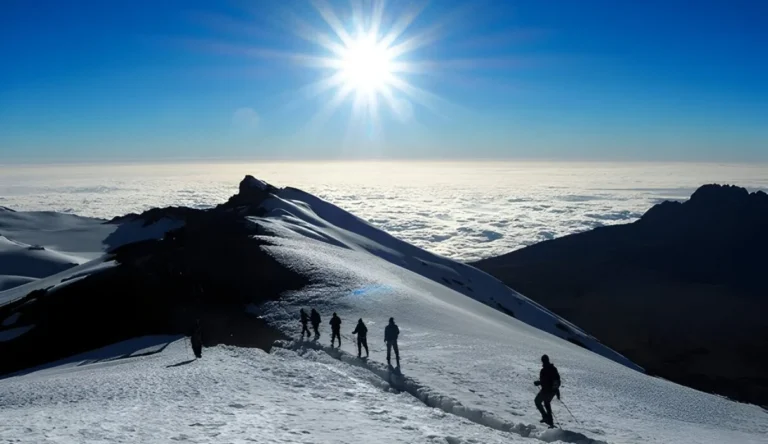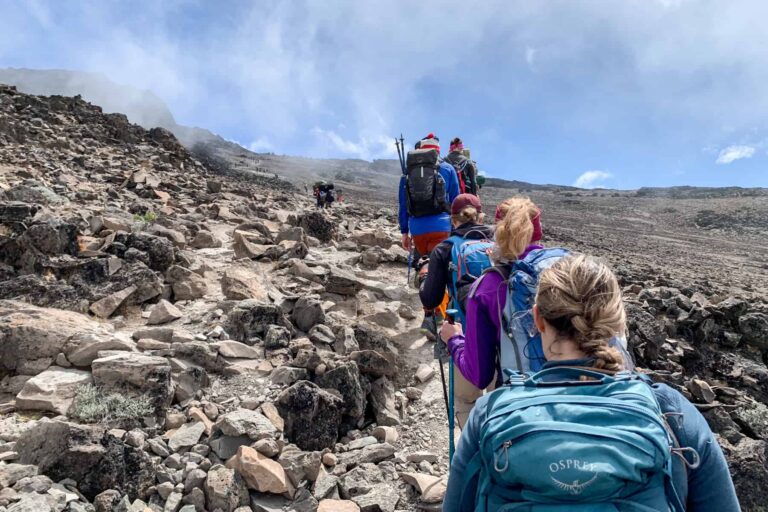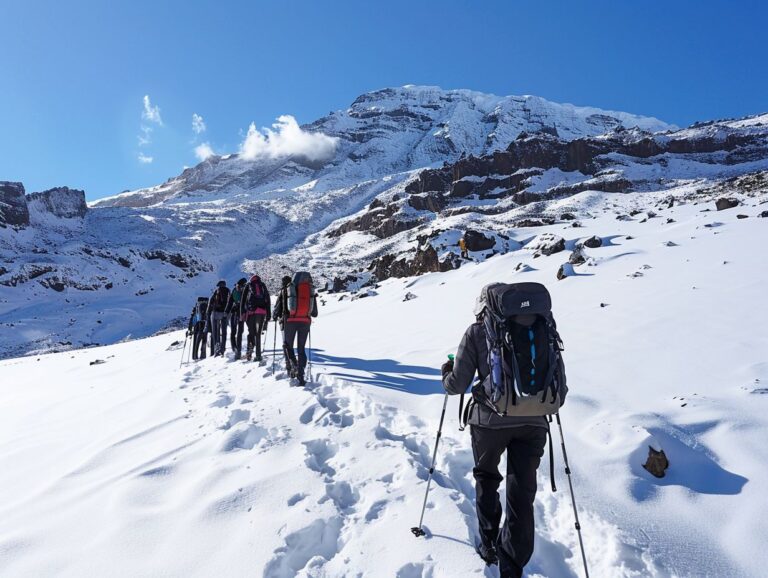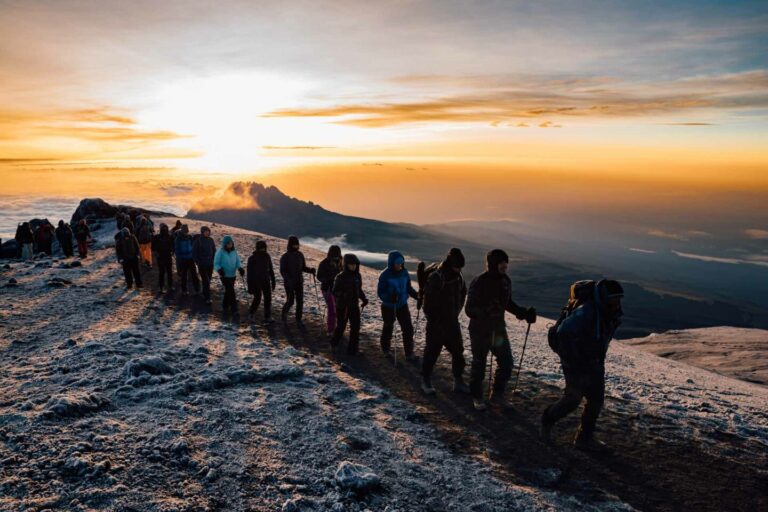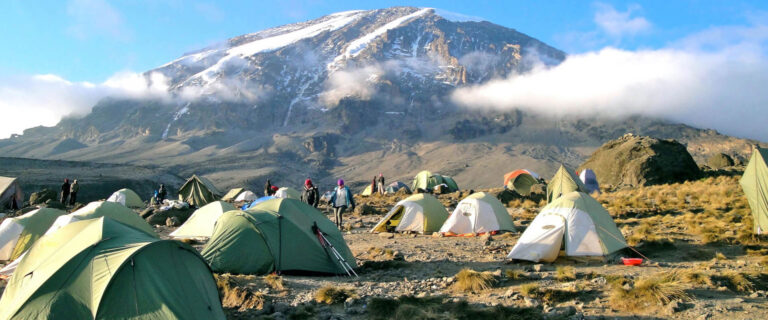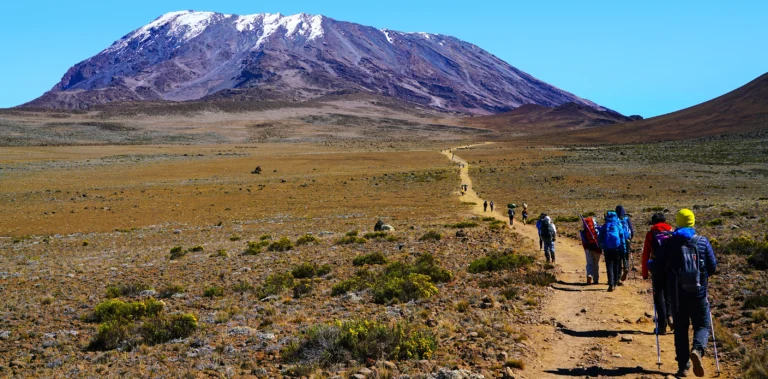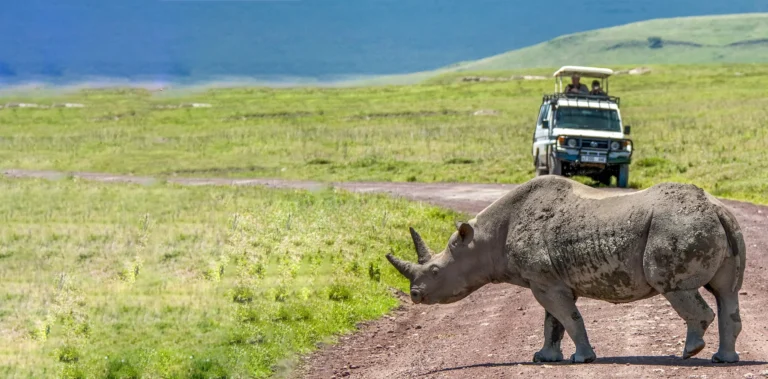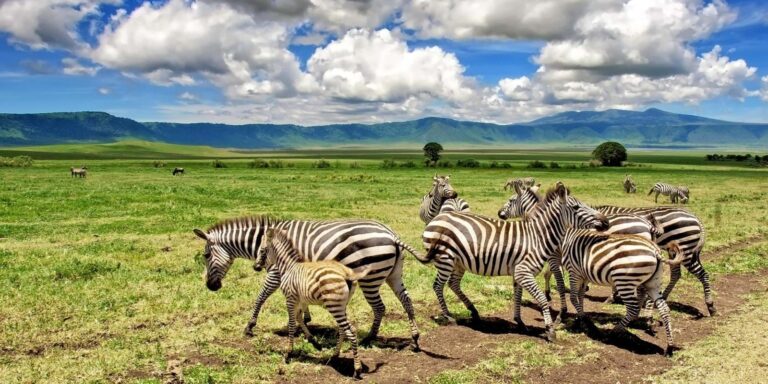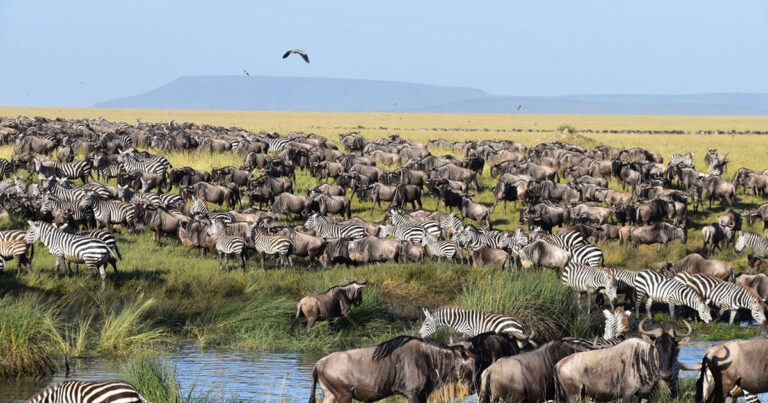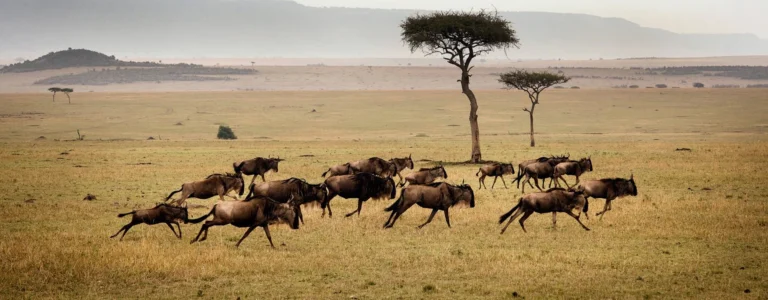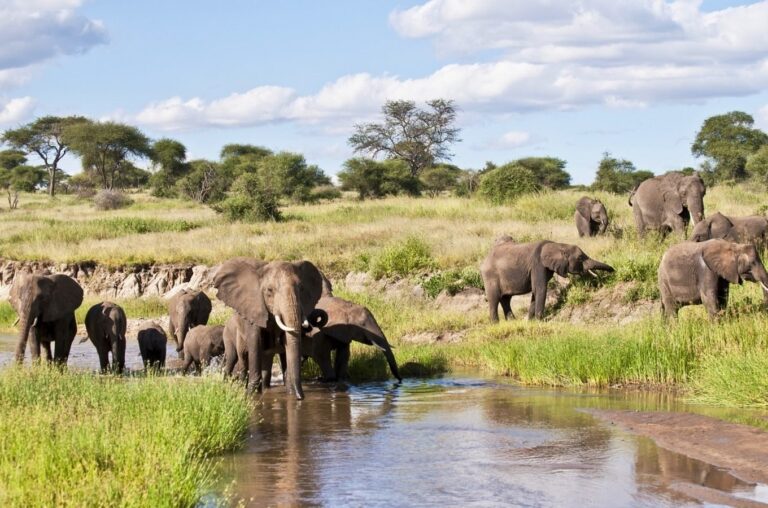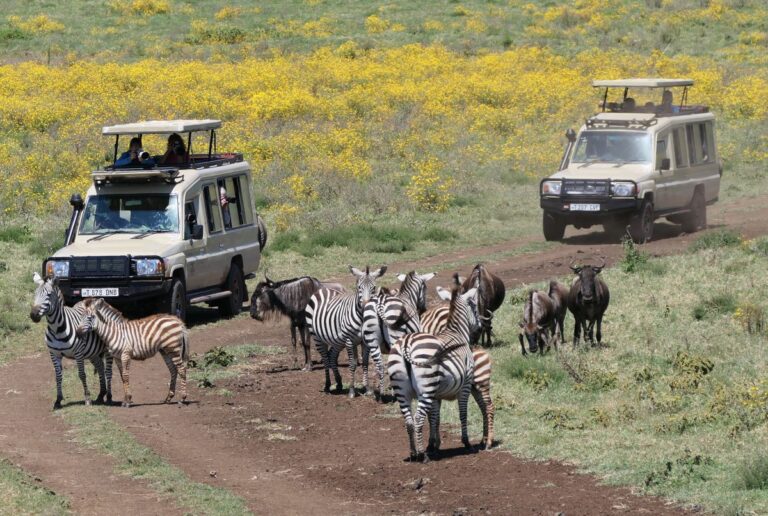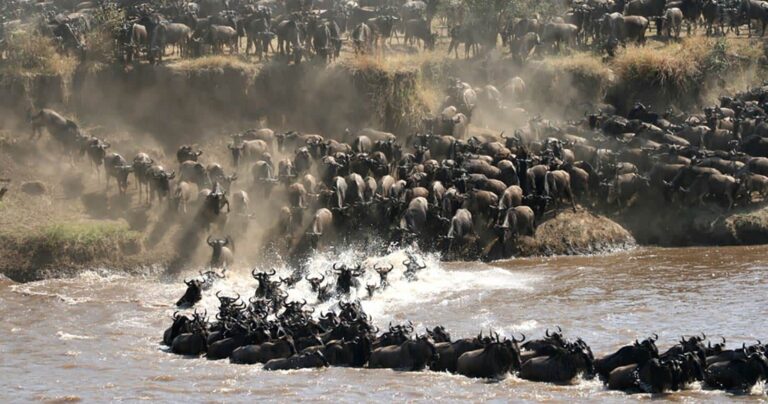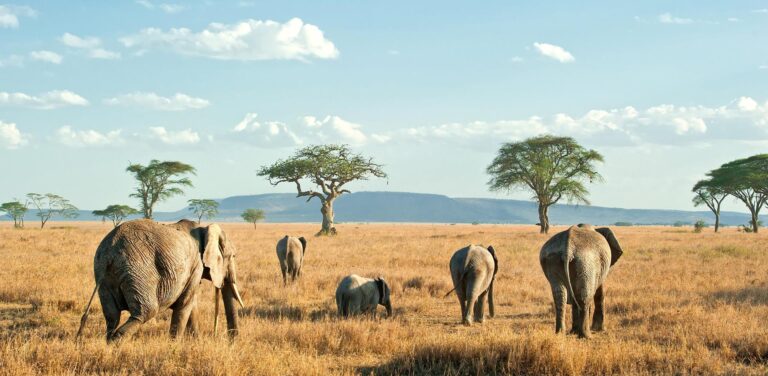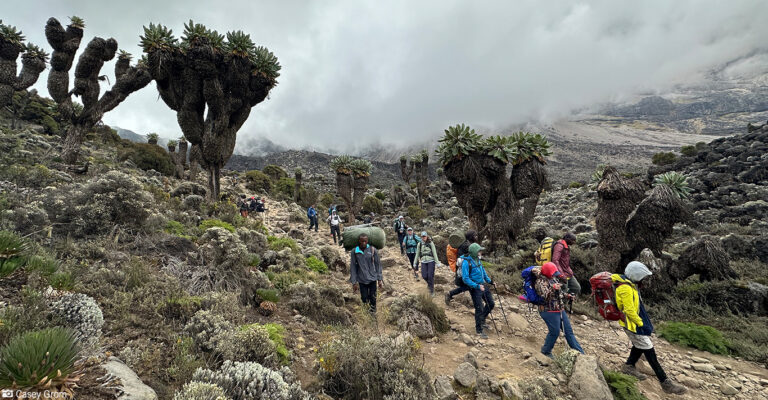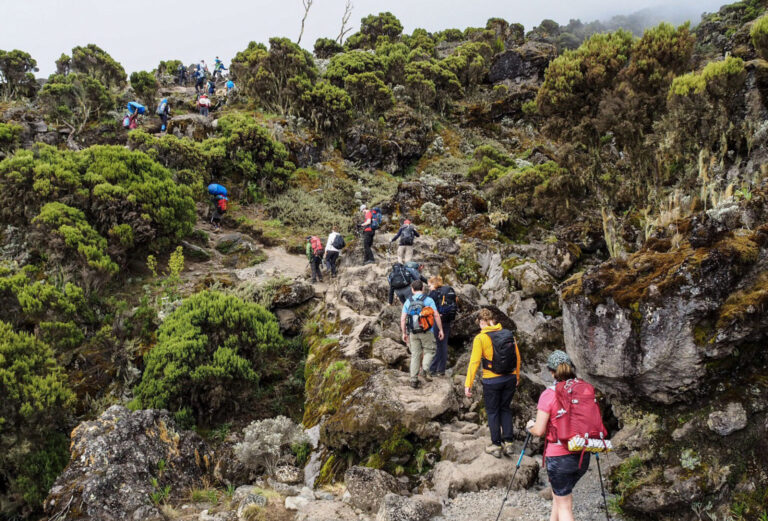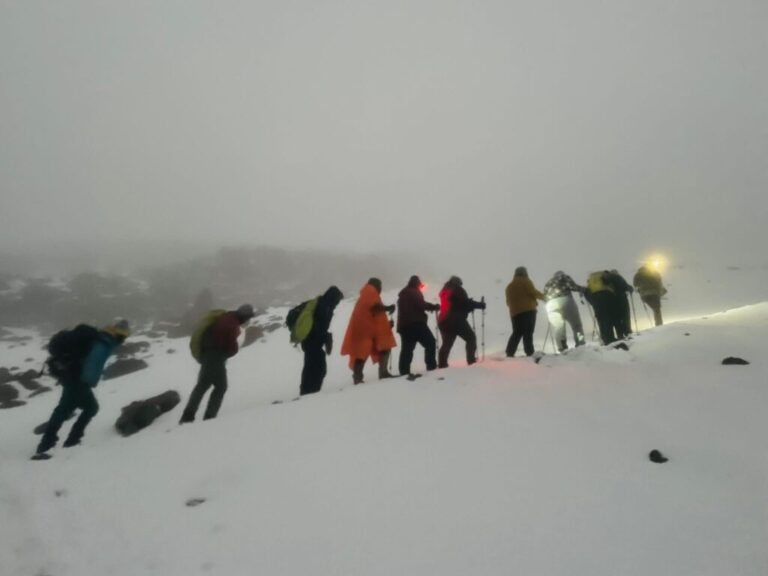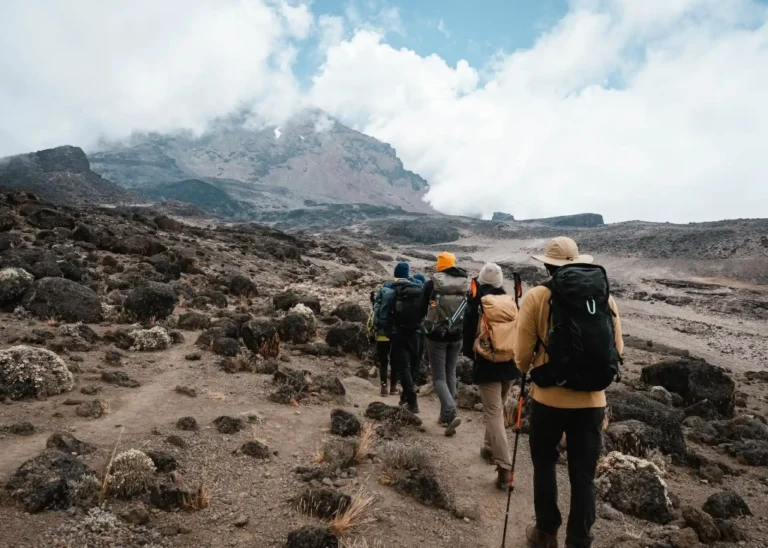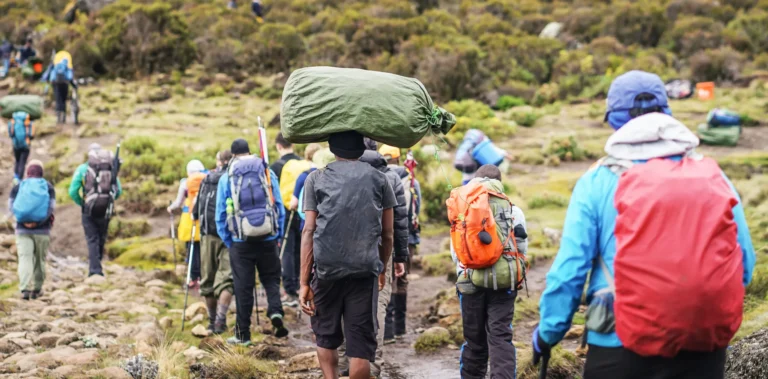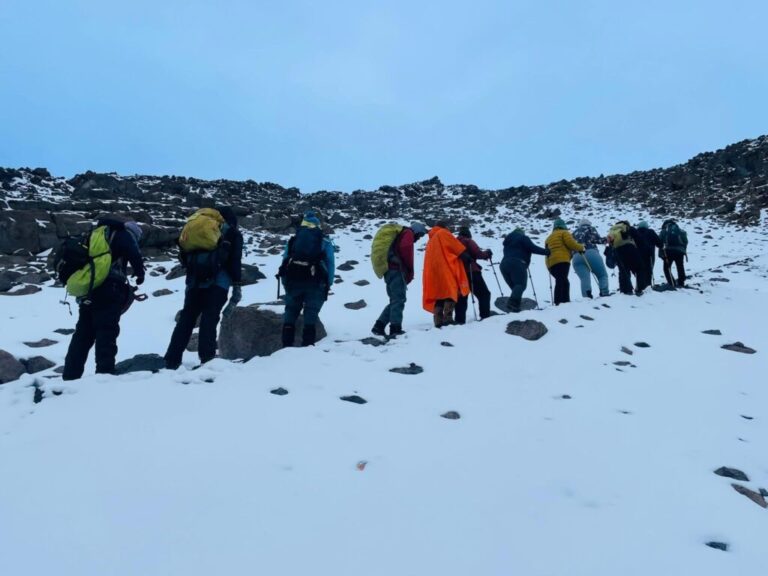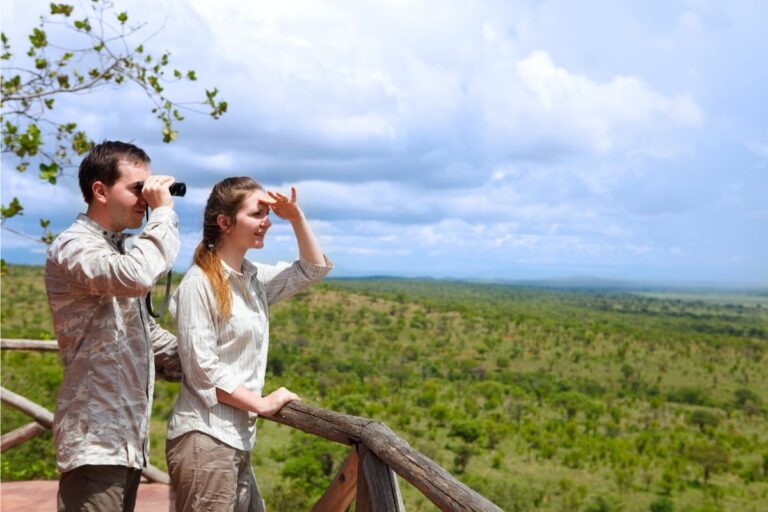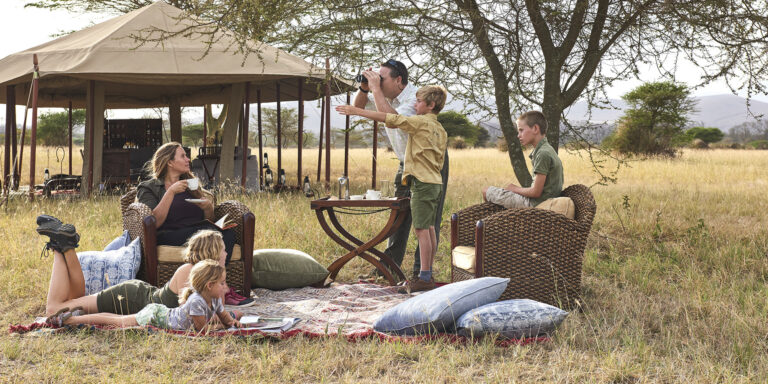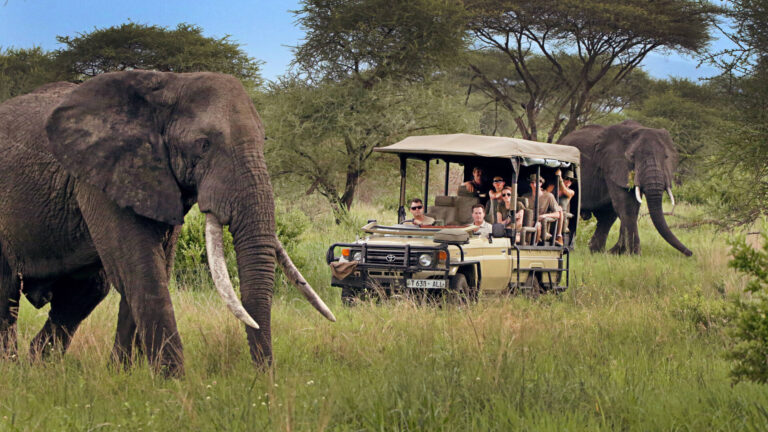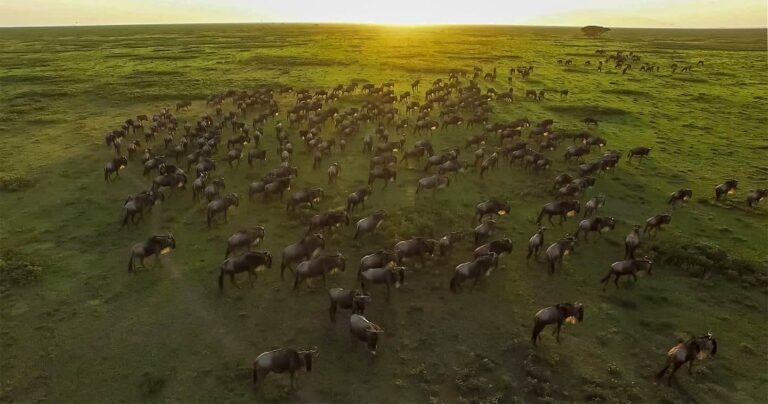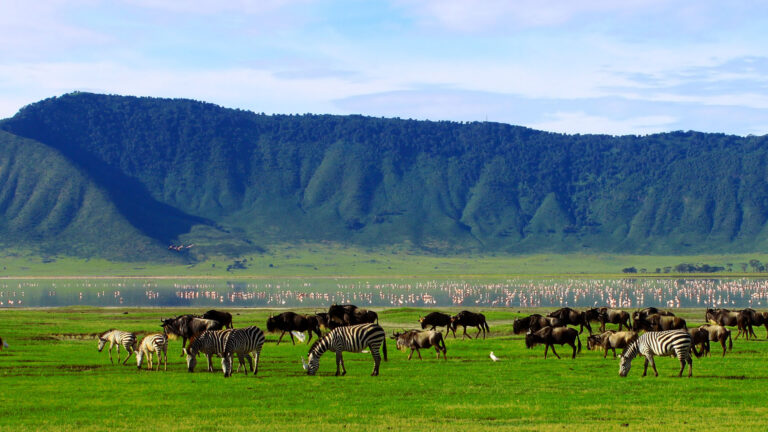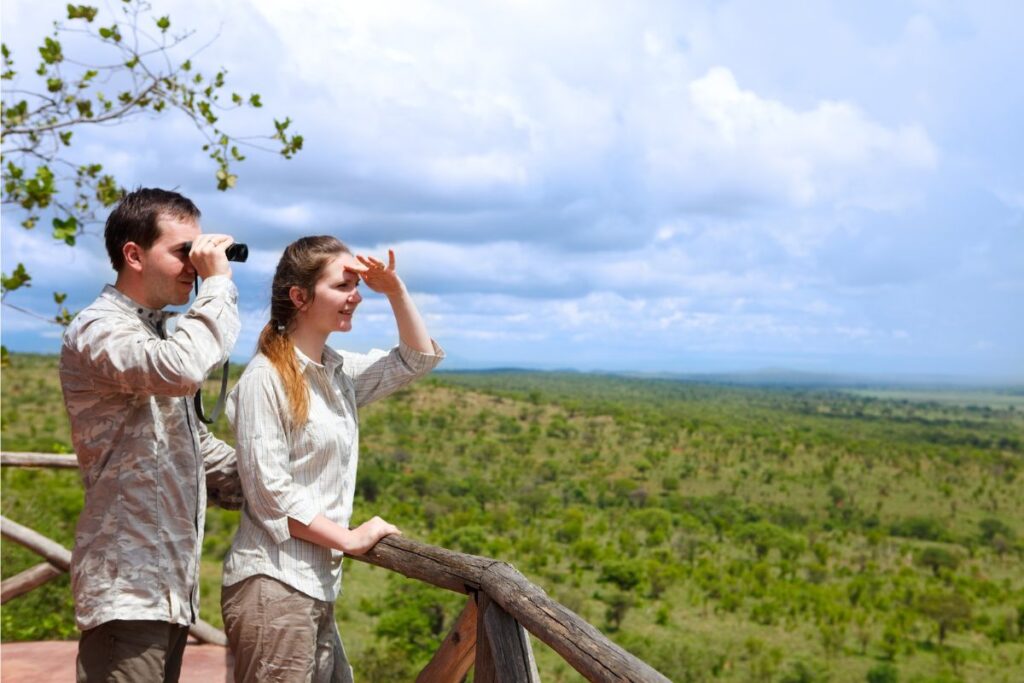
Embarking on a solo safari in Tanzania is an exciting adventure, but safety should always be a priority. From wildlife encounters to navigating unfamiliar terrain, here’s a comprehensive guide on how to stay safe while enjoying your solo safari experience.
1. Choose a Reputable Tour Operator
Booking your safari with an experienced and well-reviewed operator, such as Tanzania Solo Safari, ensures you have expert guides, reliable transportation, and safe accommodations. A good tour company will prioritize your well-being and provide essential support throughout your journey.
2. Follow Your Guide’s Instructions
Safari guides are trained professionals with in-depth knowledge of wildlife behavior and safety protocols. Always listen to their instructions, whether you’re on a game drive, walking safari, or in a lodge surrounded by nature. Never attempt to approach or feed animals, as this can be extremely dangerous.
3. Stay in Secure Accommodations
When traveling alone, opt for lodges or camps that have 24/7 security, fenced perimeters, and emergency communication systems. Many accommodations in Tanzania are designed with safety in mind, offering guided escorts to your tent or room after dark to prevent unexpected wildlife encounters.
4. Be Cautious with Your Belongings
While Tanzania is generally safe for tourists, petty theft can occur in urban areas and popular tourist spots. Keep your valuables secure, avoid displaying expensive items, and use hotel safes whenever possible. When on safari, pack light and carry essentials like your passport, camera, and money in a secure daypack.
5. Avoid Walking Alone at Night
Whether you’re in a safari camp or a city like Arusha, avoid walking alone after dark. If you need to move around your lodge or campsite at night, always ask for an escort. Wildlife is more active after sunset, and safety measures should always be taken.
6. Stay Connected
Before heading on your safari, inform a trusted friend or family member about your itinerary. Consider carrying a local SIM card or satellite phone for emergencies. Many lodges offer Wi-Fi, but connectivity can be limited in remote areas, so having a reliable way to communicate is essential.
7. Pack Smart for Safety and Comfort
Bringing the right gear can enhance your safety and overall experience. Essential items include:
- A headlamp or flashlight for navigating camp at night.
- First aid kit with essential medications and insect repellent.
- Comfortable, neutral-colored clothing to blend into the environment.
- Sturdy shoes for walking safaris and exploring lodges.
- Sunscreen and hat to protect against the African sun.
8. Respect Local Laws and Culture
Understanding and respecting Tanzania’s cultural norms and laws will help you avoid unnecessary risks. Dress modestly in urban areas, be mindful of local customs, and always ask permission before taking photos of people.
Final Thoughts
A solo safari in Tanzania can be a thrilling and rewarding experience if you take the right precautions. By choosing a trusted safari operator, following safety guidelines, and staying aware of your surroundings, you can fully enjoy the adventure while keeping yourself secure.
Ready for a safe and unforgettable solo safari? Let Tanzania Solo Safari plan your perfect adventure!

